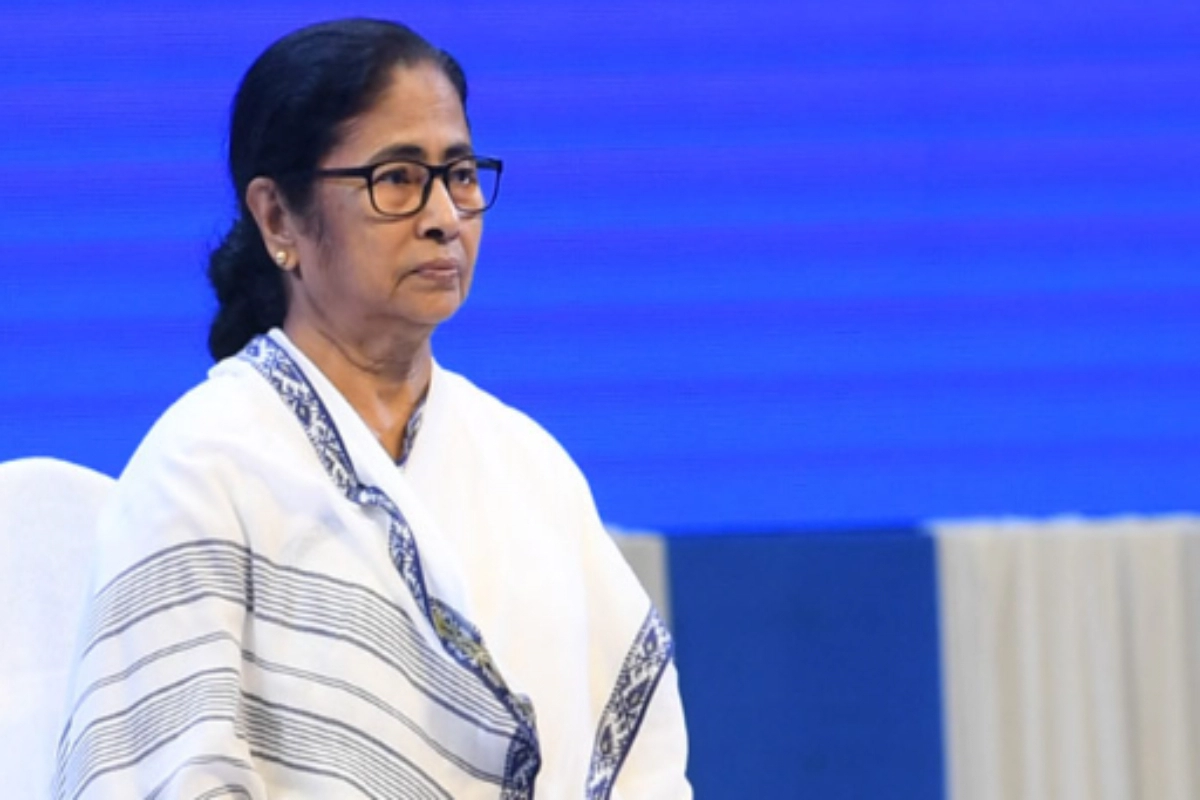NITI Aayog Meeting: A crucial meeting of NITI Aayog called in Delhi under the chairmanship of Prime Minister Narendra Modi to chart a roadmap for India’s development by 2047 faced unexpected turbulence today. In attendance were Chief Ministers from various states, starting from Mamata Banerjee from West Bengal to Himanta Biswa Sharma from Assam, Bhajan Lal Sharma from Rajasthan, Mohan Yadav from Madhya Pradesh, Chandrababu Naidu from Andhra Pradesh, and Pramod Sawant from the state of Goa. These problems that were to be taken up were issues relating to the quality of water, the efficiency of electricity, access to healthcare, and standards of education.
Mamata Banerjee Abruptly Leaves NITI Aayog Meeting
The meeting was, however, marred by controversy as Mamata Banerjee stormed out midway accusing the organisers of partiality. According to her, her microphone was switched off and she was not being allowed to present the views of her state. Angry over non-representation of the opposition, Banerjee said that when she was the only voice from the opposition and was not being given a chance to speak, then the purpose of inviting her gets defeated.
I.N.D.I.A Bloc CMs Absent
Compounding the complexities of the meeting, several Chief Ministers from states affiliated with the I.N.D.I.A bloc—Tamil Nadu, Telangana, Karnataka, Himachal Pradesh, Punjab, Kerala, and Jharkhand—did not make it to the meeting. Absent too was Nitish Kumar of the NDA ally JDU; he dispatched Deputy Chief Minister Samrat Choudhary and Chief Secretary Brajesh Mehrotra instead.
The agenda items ranged over infrastructure and services—especially digitization of land records and public utilities—across states. The situation underlines the continuing tensions in Indian federalism, reflective of intricate play of politics and governance at the national level. Non-representation of some key opposition voices and non-attendance by some state leaders represent the problems of cohesive goals of national development.
